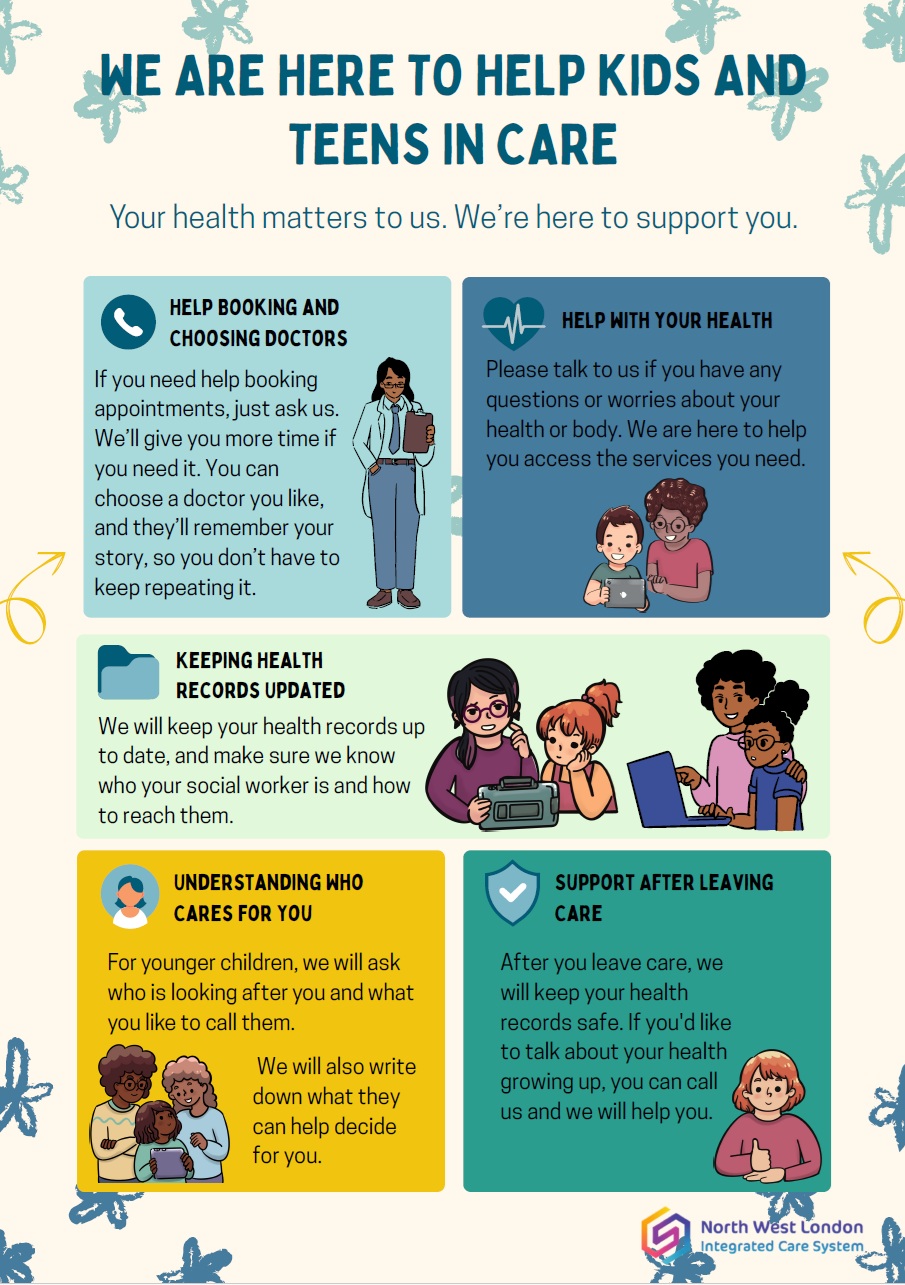What makes you a Carer?
A Carer is someone who regularly looks after a relative, friend or neighbour who, because of disability, age or frailty or mental illness, would otherwise experience significant difficulties living independently.
Most Carers are adults but sometimes people under the age of 18 also take on this role. Carers are unpaid but some may be eligible for and receive a Carers Allowance. However, they would not be considered to be a Care Worker who carries out this work as a paid job.
You can be a Carer whether you live with the person you care for, or at another address. Many people carry out all the duties of a Carer but are not aware that they can be recognised in this role.
If you feel that you may be taking on more duties on behalf of a relative, friend or neighbour and that you could be considered to be recognised as a Carer, discuss your situation with a GP or Practice Nurse
How we can help you
Your health and welfare are important not only to yourself but also to the person you care for to enable them to continue living independently. There is a particular impact that caring has on a Carer’s health and well-being, employment, study and leisure interests. This is where the Practice may be able to help you.
You need to tell us if you are a Carer so that we can update your medical record.
- Health Check
– We can offer you an appointment for an annual health and wellbeing check with one of our Practice Nurses.
- Influenza Vaccination
– You will be placed on our register of patients eligible for vaccination and receive an invitation for a free flu jab each year.
- Hounslow Carers Trust Thames
– This Independent, Carer-led charitable organisation seeks to empower promote their rights and enable them to make positive choices to improve the quality of their lives.
– They offer information, support, advice and advocacy and are an excellent resource for Carers providing details of short breaks, counselling and listening services, benefits, equipment, aids and adaptations amongst other things.
– Contact them by calling 01895 258888
- Social Services
– We can also arrange for Social Services to carry out an assessment and arrange assistance with such things as Home Care, Meals on Wheels, Occupational Therapy (handrails, wider doorways, stair lifts) and Benefits. - Support from the council
– See here for more details - Council Carers’ Assessment
– Click here for more details









